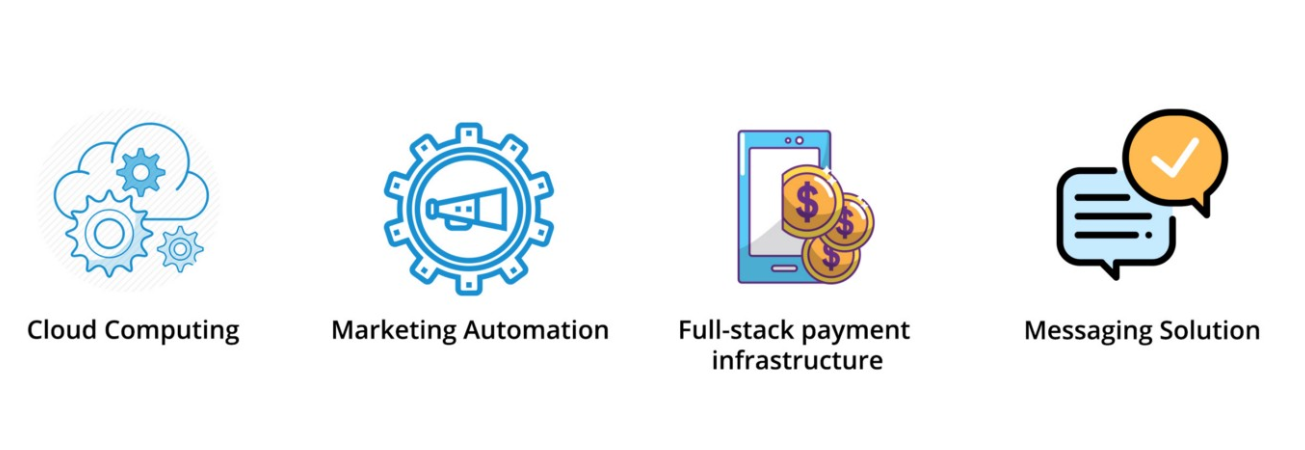Paytm AI Cloud computing platform has been launched in India by One97 communications for developers, startups and enterprises.
This made-in-India AI-powered cloud computing solution offers several business-centric apps for organisations of different sizes.
The Paytm AI Cloud platform is for organisations that need high-quality solutions for cloud computing, ready-to-use services to automate workflow, easy to integrate payments, messaging and customer engagement — all this without having to manage hardware or software.
Paytm has partnered with Alibaba — also a primary investor in Paytm’s parent company One97 Communications — for the infrastructure of Paytm AI Cloud computing.
“Every new-age organisation needs to be AI-enabled. They need access to infrastructure to quickly sandbox their ideas, run through multiple experiments, and iterate a hypothesis without worrying about managing their infrastructure,” said Sujit Kumar Mishra, Vice President, Paytm.
The Paytm AI Cloud also offers built-in CRM, campaign management and easy to integrate payment solutions.
“They need growth engines to acquire customers, engage on-to-one with them, and AI empowered systems to predict their business. With these, they need better collaboration and workflow automation tools to become more productive and efficient. Paytm AI Cloud packages all these into one.”
The company processes and stores all consumer data locally in servers physically located in India and claim to conform to the highest security and privacy standards.
“At Paytm, we have always ensured the highest standards of customer data privacy and security. Our customer’s data is processed and stored locally in India with no access to any third party or investors,” added Mishra.
The company will soon also launch an enterprise-messaging solution in collaboration with DingTalk.
Paytm’s cloud computing platform also has other tech solutions for enterprises such as affordable, easy-to-access computing services, ready-to-use apps, pattern recognition, pre-trained models and predictive computation.
You might also like: Xiaomi devices are vulnerable to ‘Man on the disk’ attacks







